Personal reasons resignation letter with immediate effect no notice template
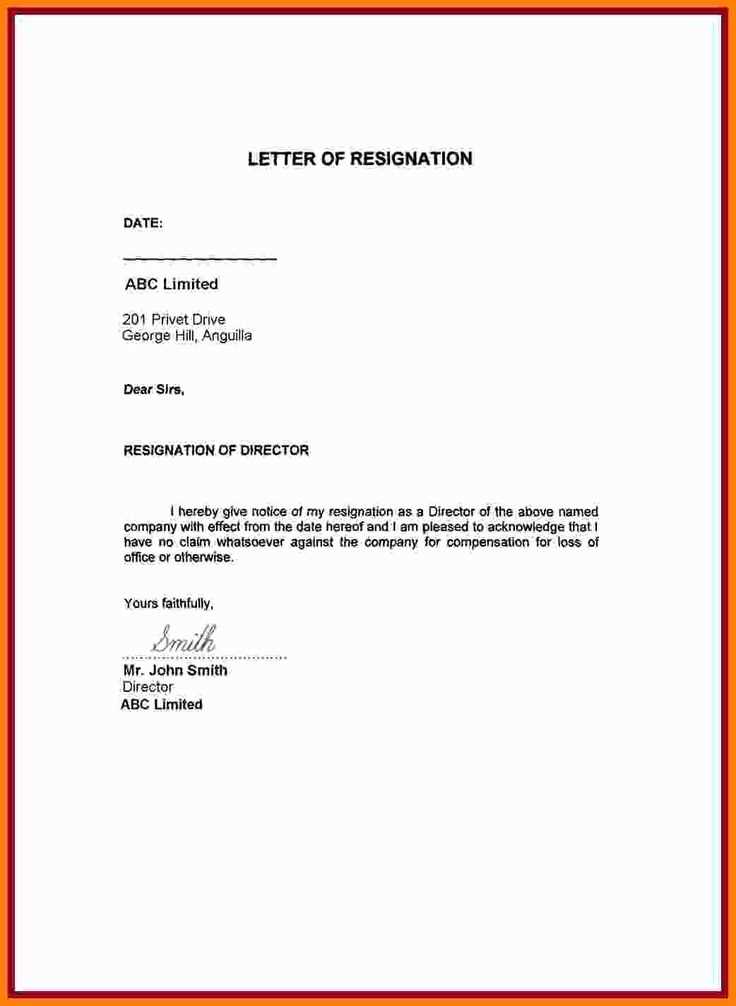
If you need to resign immediately due to personal reasons, it’s important to communicate this clearly and professionally. Your letter should explain your decision without going into unnecessary details, while ensuring you leave on a positive note. Keep your tone polite and concise, as this will help maintain a good relationship with your employer for future references.
Here’s a simple template you can use to notify your employer of your immediate resignation:
[Your Name]
[Your Address]
[City, Zip Code]
[Email Address]
[Phone Number]
[Date]
[Recipient’s Name]
[Company Name]
[Company Address]
[City, Zip Code]
Dear [Recipient’s Name],
I am writing to formally notify you of my resignation from my position as [Your Position] at [Company Name], effective immediately. Due to personal reasons, I am unable to continue my employment, and I regret that I cannot provide the standard notice period.
I would like to express my gratitude for the opportunities and experiences I have gained during my time at [Company Name]. I will do my best to ensure a smooth transition in the remaining time and assist with any handover tasks.
Thank you for your understanding. Please let me know if there is anything further required from my end.
Sincerely,
[Your Name]
Here is the revised version with reduced repetition:
To write a resignation letter with immediate effect due to personal reasons, follow these key guidelines:
Step 1: Be Direct and Clear
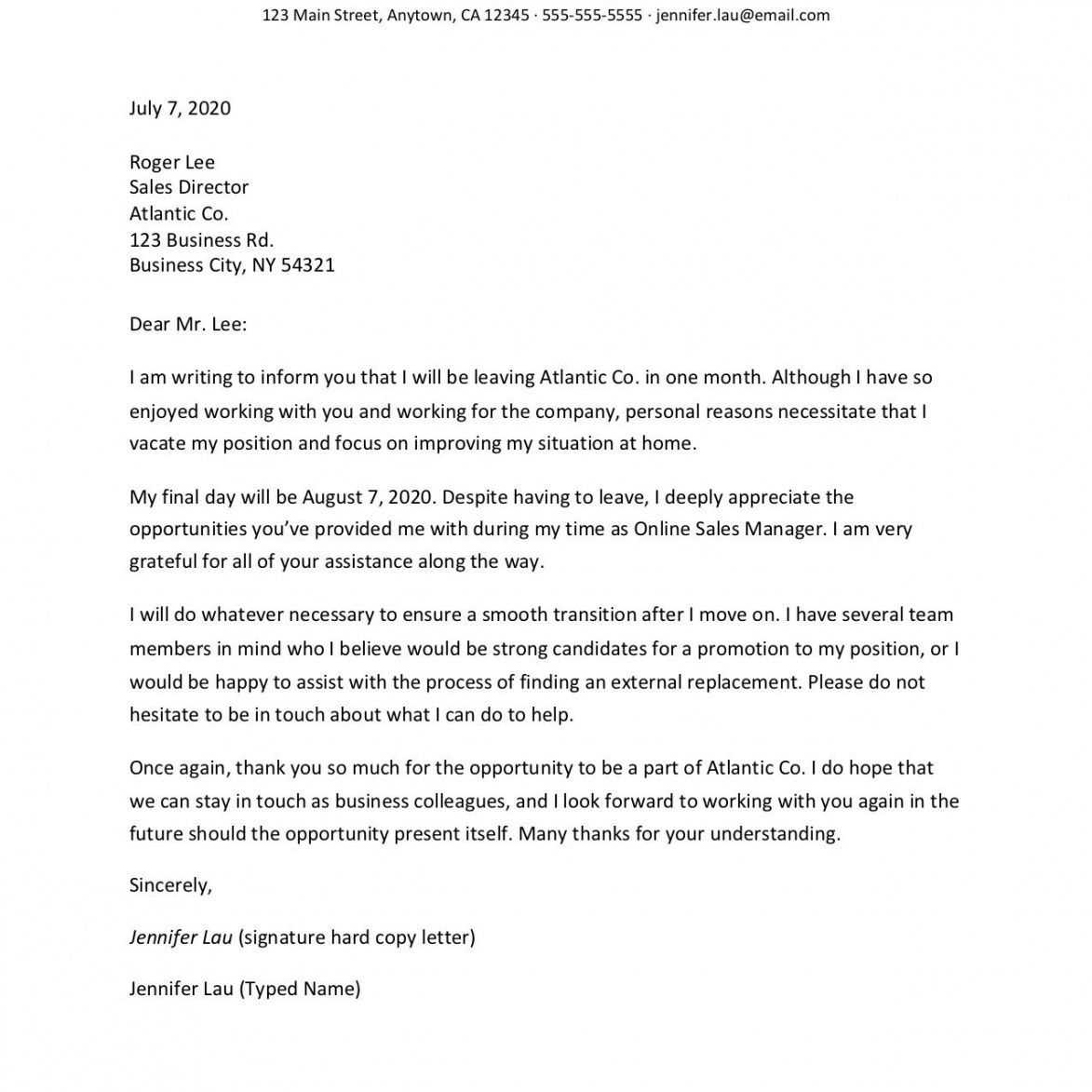
State your decision to resign immediately, without a notice period. Keep the wording clear and concise, focusing on the date your resignation takes effect. Avoid excessive details regarding personal reasons.
Step 2: Express Gratitude
Express appreciation for the opportunities you had during your employment. This adds a positive note to your departure and ensures you leave on good terms.
Step 3: Offer Assistance
If possible, mention that you are willing to assist with the transition process, even though you are leaving immediately. This shows professionalism and goodwill.
Step 4: Finalize the Letter
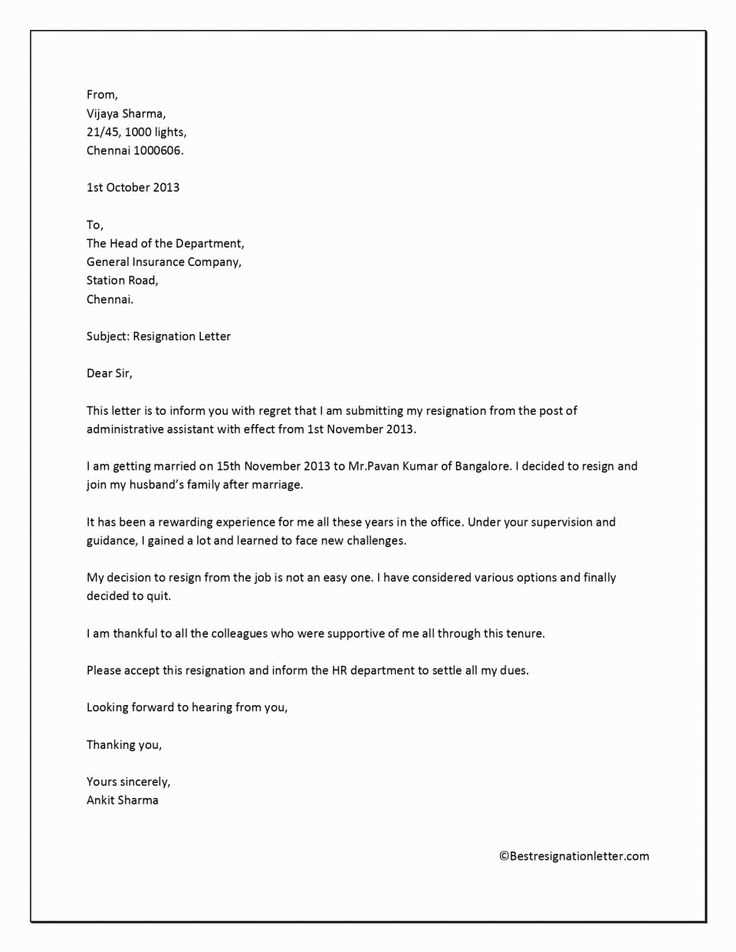
End your letter with a brief note wishing the company continued success. Avoid over-elaboration and maintain a polite tone throughout.
| Key Element | Recommendation |
|---|---|
| Clarity | State resignation with immediate effect, no notice period. |
| Gratitude | Thank the company for the opportunity. |
| Assistance | Offer help in transitioning if feasible. |
| Professionalism | Keep the tone respectful and positive. |
- Personal Reasons Resignation Letter with Immediate Effect Template
If you need to resign immediately due to personal reasons, it’s important to keep the letter clear and respectful. Here’s a simple template you can follow:
Subject: Immediate Resignation Notice
Dear [Manager’s Name],
I am writing to formally resign from my position at [Company Name], effective immediately. Due to personal reasons, I am unable to fulfill the remainder of my notice period.
I appreciate the opportunities I’ve had at [Company Name] and want to thank you for your understanding in this matter. Please let me know how I can assist in transitioning my duties or providing any necessary information before I leave.
Thank you once again for the support during my time here.
Sincerely,
[Your Name]
Make sure to adjust the template with your personal details and any specific instructions your employer may require. It’s key to remain professional and direct, while also showing appreciation for the opportunity provided.
Begin by clearly stating your intention to resign. Be direct but polite, indicating your decision is final and specifying the date of resignation. Mention that you are leaving for personal reasons without going into unnecessary details. Acknowledge any positive experiences or gratitude toward the company, but keep it brief and sincere.
Key Elements to Include
First, ensure you have the correct recipient’s name and position in your letter. Clearly state the effective date of your resignation, typically providing immediate notice if possible. You can include a simple expression of appreciation for the opportunities or experiences during your time with the company. Be concise and avoid lengthy explanations.
Example of a Personal Reasons Resignation Letter
Dear [Manager’s Name],
I am writing to formally resign from my position as [Your Job Title] at [Company Name], effective [Date]. Due to personal reasons, I find it necessary to step away from my role. I want to express my gratitude for the opportunity to contribute to the team. I have enjoyed working with you and the entire staff, and I appreciate the experiences I’ve gained here.
Thank you for your understanding.
Sincerely,
[Your Name]
1. Direct Statement of Resignation
Start with a clear statement that you are resigning, specifying that the resignation is effective immediately. This prevents any ambiguity.
2. Gratitude
Acknowledge your time at the company. Mention appreciation for the opportunities, experiences, and relationships you’ve built during your tenure. Keep it concise but sincere.
3. Reason for Resignation (Optional)
While not mandatory, briefly explaining your reason for leaving can be helpful, especially if it is personal or health-related. Be concise and avoid over-explaining.
4. Offer of Assistance
If possible, offer to help with the transition. You might suggest handing off any ongoing tasks or providing training to a colleague who will take over your responsibilities.
5. Confirmation of Last Day
Reiterate your immediate departure date to ensure the company understands that you are resigning without any notice period.
6. Contact Information
Provide your personal contact details in case the company needs to reach you for follow-up or to finalize any paperwork.
7. Positive Closing
Finish on a positive note, wishing the company continued success. This leaves a good impression, even if you are resigning under challenging circumstances.
Write your resignation letter with clarity. Keep it brief and direct, ensuring that you express your intent to resign immediately without unnecessary details. A concise tone will help maintain professionalism while making your point clear.
Notify Your Manager First
Always deliver your resignation letter directly to your immediate supervisor before notifying HR or anyone else. This ensures a respectful and private conversation, allowing you to explain your decision in person if possible.
Choose the Right Medium
Deliver your resignation letter via email for record-keeping and speed, but consider also having a face-to-face conversation if circumstances allow. This allows you to explain your situation and leaves room for addressing any concerns or questions.
Make sure your letter is formatted properly, with a professional tone and clear information about your departure. It’s vital to leave the door open for future connections, even if the situation requires immediate action.
Remain polite and thankful for the time you spent with the company. Even if you’re leaving under personal or difficult circumstances, expressing gratitude ensures a respectful exit.
Leaving a job without notice can trigger strong emotions. It’s normal to feel anxious, guilty, or even uncertain about the decision. Managing these feelings requires acknowledging them and creating strategies to handle the emotional side of such a choice.
1. Acknowledge Your Feelings
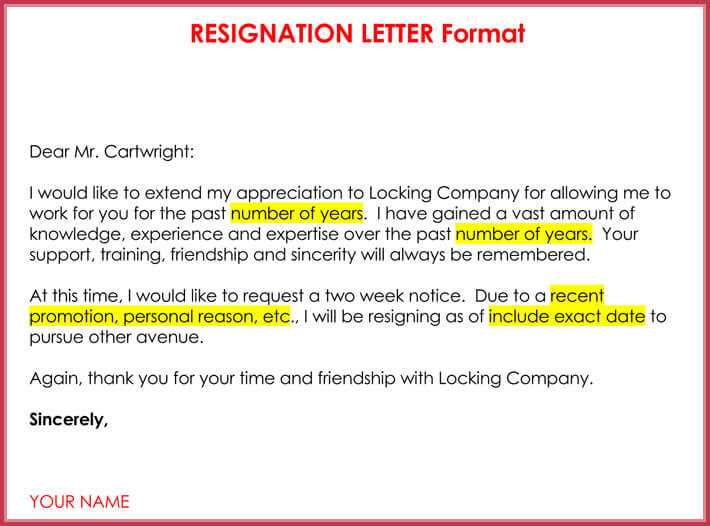
Recognize that your emotions are valid. Whether it’s stress, relief, or fear, accepting how you feel is the first step toward dealing with them effectively. Don’t try to push these emotions aside; give yourself space to experience them.
2. Communicate Your Reasons
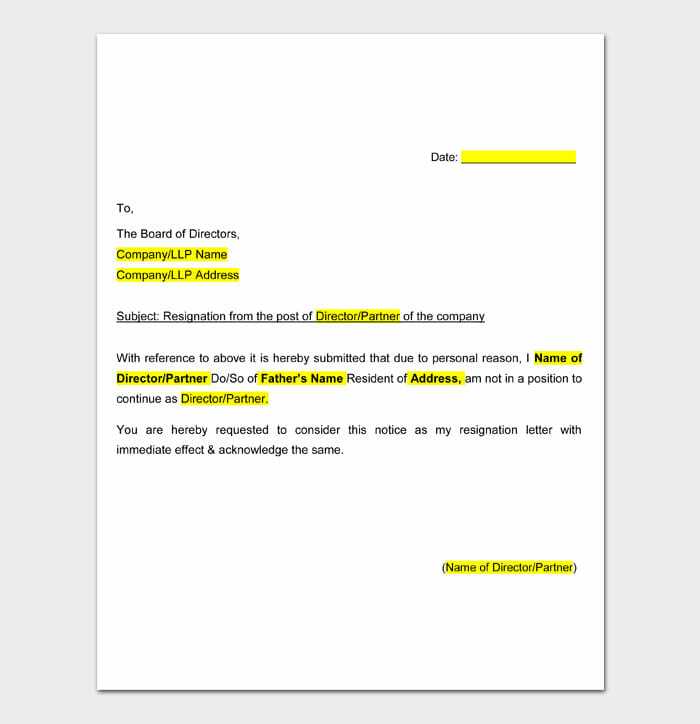
While it’s not always possible to go into detail, sharing your reasons with your employer or colleagues can reduce emotional tension. Keep the explanation brief, honest, and focused on your personal situation. This may help ease any misunderstandings and preserve relationships.
3. Reconnect with Your Support System
- Speak to close friends or family members who can offer guidance and emotional support.
- Engage with people who understand your circumstances and can provide reassurance.
4. Focus on Moving Forward
Shift your attention to what comes next. Channel your energy into planning your next steps. Whether it’s job searching or focusing on personal growth, staying proactive will help keep your mind from dwelling on the negative aspects of leaving without notice.
5. Give Yourself Time to Heal
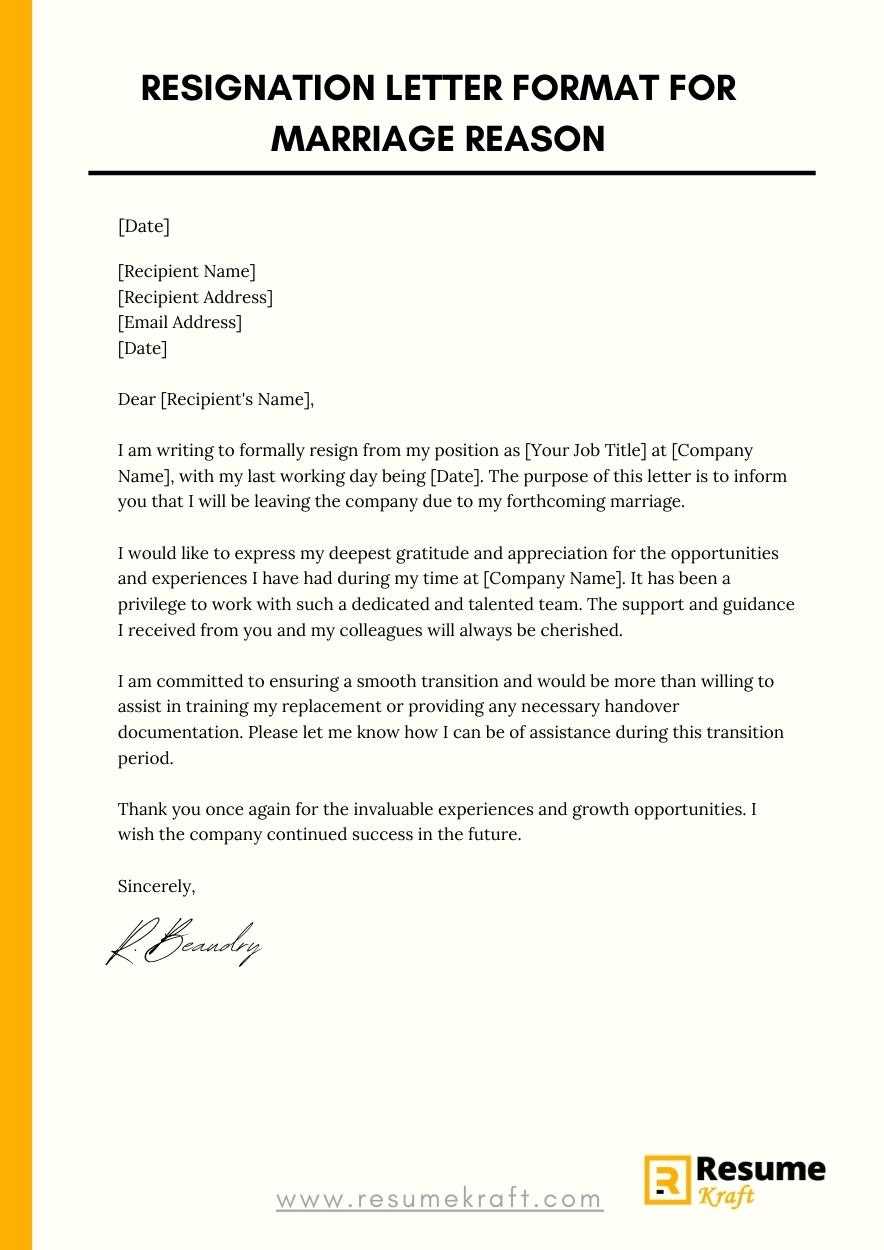
Allow yourself time to process the emotional impact. It’s okay to feel unsettled after making such a decision, but time and self-care will help you regain clarity and balance.
If your employer asks for a notice period after you’ve submitted your resignation, consider negotiating the terms. Start by reviewing your employment contract to confirm the notice period requirement. If you’re unable to fulfill the notice, be transparent with your employer about your situation and offer a reasonable compromise. For instance, you might propose a shorter notice period or offer to help transition your responsibilities quickly.
Evaluate the Terms of Your Contract
Your contract should outline the exact notice period required, typically ranging from two weeks to a month. If you don’t have a contract or if the terms are unclear, refer to the company’s standard policy for resignations. In some cases, your employer may be flexible depending on the nature of your departure.
Communicate Clearly and Professionally
Clearly explain your reasons for needing to leave sooner, and suggest how you plan to manage your responsibilities. If possible, offer to train a replacement or document your work processes to help ease the transition. Keeping the conversation professional will help maintain a positive relationship with your employer.
| Action | Possible Outcome |
|---|---|
| Offer a Compromise (Shorter Notice) | May be accepted, especially if you provide a transition plan. |
| Provide Assistance During the Transition | Improves goodwill and helps maintain a professional image. |
| Negotiate Early Release | If the employer agrees, you can leave immediately. |
Resigning without providing notice can lead to specific legal consequences. If your contract specifies a notice period, not adhering to it could result in legal action from the employer, especially if they suffer financial losses due to your sudden departure.
Contractual Obligations
If your employment contract includes a notice period, failing to honor this term can breach the contract. Employers may seek compensation for any disruption or costs incurred due to the short notice, especially if it affects the company’s operations.
Potential Damages
In some cases, employers may claim damages for the lack of notice. These claims typically relate to the cost of hiring a replacement or covering the duties temporarily. The severity of these claims depends on the nature of the job and the impact on the business.
- Loss of potential earnings for the employer.
- Costs associated with recruitment and training a new employee.
- Disruption to ongoing projects or business operations.
Before resigning without notice, review your contract to understand the possible legal implications. Consulting with a legal advisor can help clarify your specific situation and mitigate any risks associated with your resignation.
Use a direct and clear approach when writing a resignation letter with immediate effect. Focus on stating your reason for leaving briefly and professionally. Acknowledge your decision and avoid lengthy explanations. Here’s a simple structure for your letter:
Letter Structure
Begin by clearly stating your intention to resign. Specify the date you are leaving, making it clear that the resignation is effective immediately. Mention that you are leaving for personal reasons, but keep the explanation minimal.
Key Points to Include
– A direct statement of resignation with immediate effect.
– A brief mention of personal reasons (if you wish to include them, but avoid details).
– Appreciation for the opportunity (optional but polite).
– A clear closing with best wishes for the company and team.
This simple approach ensures your resignation is communicated professionally and respectfully, while still keeping it brief and to the point.